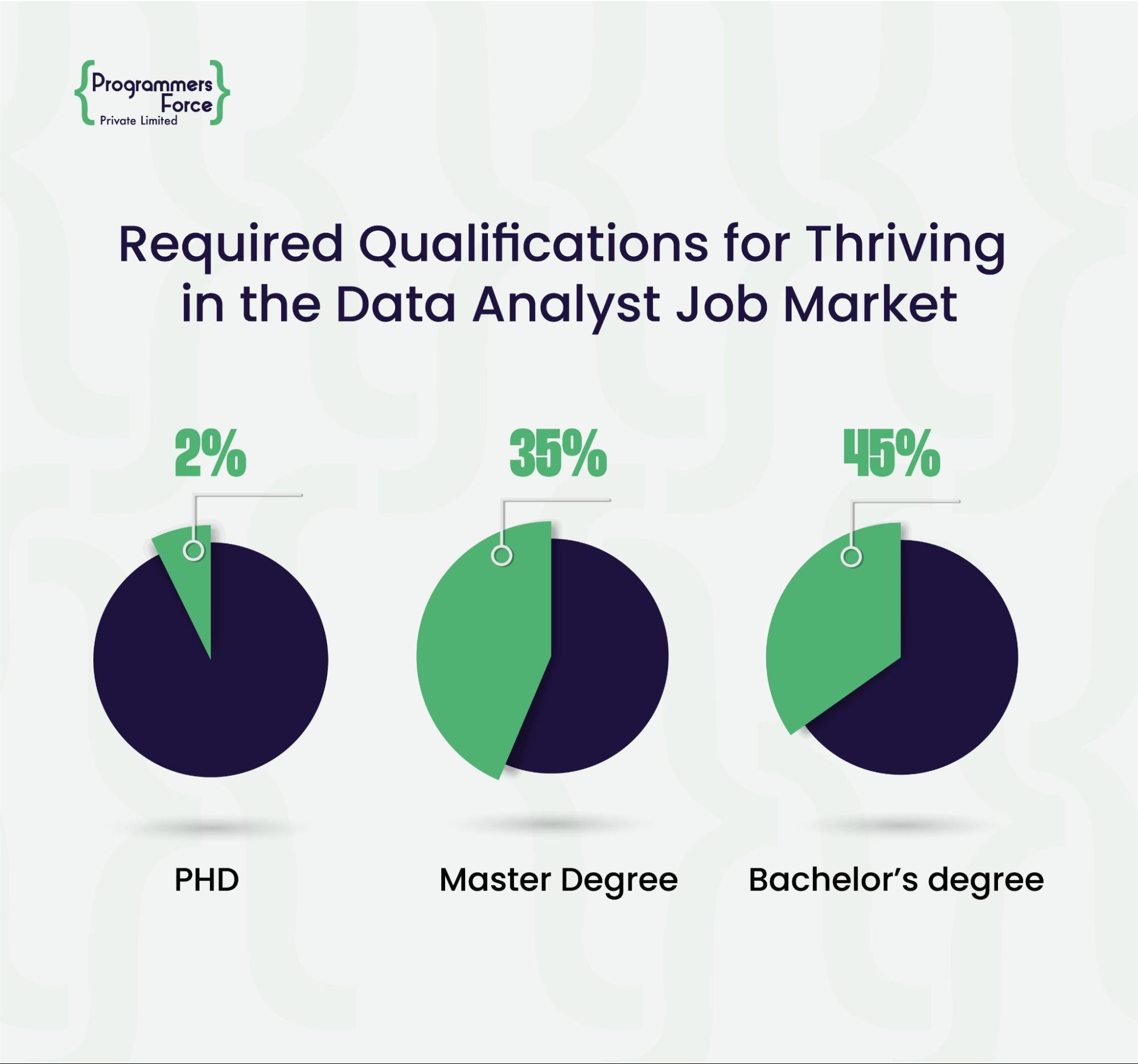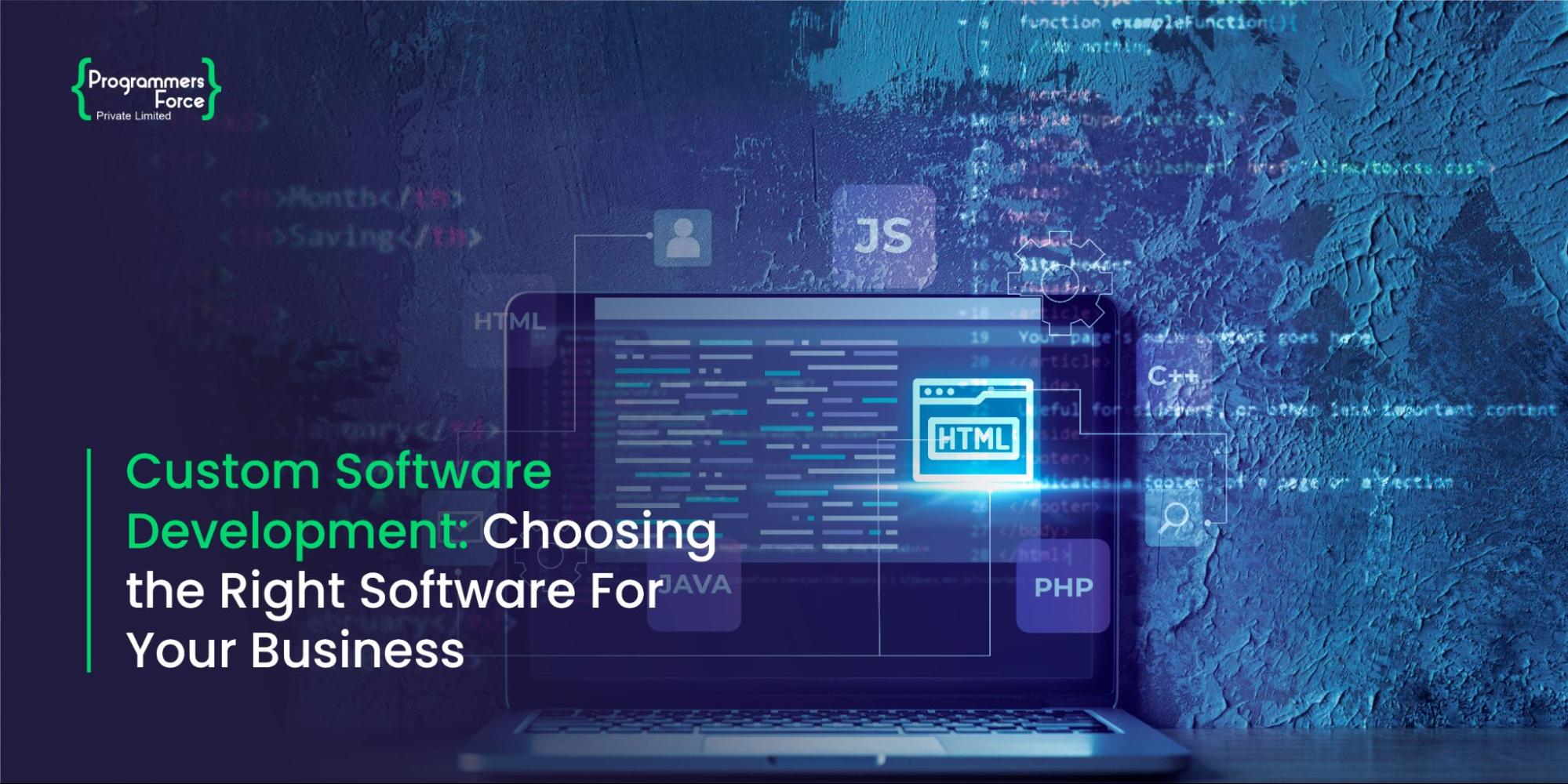
7 Skills You Need to Know for Data Analyst Professional Path
Do you know around 328.77 million terabytes of data is created every day?
Data analysis is a critical domain that interprets intricate data to assist businesses in making decisions. Data analysts serve as a modern-day detective that solves the mysteries of hidden data. For example, John, a data analyst at a financial firm, was working late one night. While exploring the transaction records, he discovered a pattern of anomalies that pointed to potential fraud. His keen insights not only saved the company’s millions but also improved its security protocols. This illustrates how data analysts can transform raw numbers into actionable strategies and drive success in the dynamic landscape.
What is Data Analytics?
“The goal is to turn data into information and information into insights” – Carly Fiorina, Former CEO, Hewlett Packard.
Data analytics is simply the science of examining raw data to make valuable conclusions about the information provided. There are numerous techniques and processes involved that assess raw data to get insights for improving things.
The rise of spreadsheets is considered as the beginning of data analytics that was used to handle large amounts of data. However, the pain point here is that it lacked in managing large volumes of data, which led to the rise of business intelligence.
As the internet grew, business intelligence assisted decision-makers and marketers in converting raw data into meaningful information. On top of all this, AI and machine learning play a significant role in streamlining the process to uncover patterns, predict, and automate intricate task.
Types of Data Analytics
| Descriptive | To summarize and determine historical events to understand past events. |
| Diagnostic | To understand the reasons behind past results and events. |
| Predictive | To use past data and statistical methods to forecast future events and results. |
| Perspective | To recommend the best action-based strategies to achieve the desired results. |
Who is a Data Analyst | Job Overview and Market Demand
Data analysts are the candidates who oversee data systems and report frameworks while ensuring data integrity and precision. They are ideal people for translating numbers, statistics, and technology into valuable insights to drive impactful business decisions. A data analyst career path typically requires a technical or computer science background, as the tech sector values practical skills and experience.

Not surprisingly, statistics is the most demanded degree for data analysts, with over 25% of job listings asking for it. Moreover, 45% of data analysts’ jobs require a bachelor’s degree, 34% seek master’s degree students, and only 2% specify PHD need. Furthermore, businesses also prefer candidates to work onsite in this domain due to its sensitive nature.
What Does a Data Analyst Do?
A step-by-step interpretation of the responsibilities of a data analyst:
Data Collection
Initially, an analyst conducts in-depth research to collect data. It is either concluded through the help of surveys or by getting data sets from specialists.
Cleaning Raw Data
The collected raw data requires cleaning. It helps to ensure there are no errors or outliers that maintain the quality of the data.
Analysis
Once the raw data is cleaned on a spreadsheet or through any programming language, the analysts use different statistical methods to analyze it.
Data Visualization
The data is further visualized in different charts, dashboards, or graphs to make it more understandable.
Report
The complete results of the findings are compiled in a report format to be presented to the interested parties.
Collaborate
Lastly, a data analyst collaborates with all the departments, including marketing and finance operations so that they can they can achieve alignment between the goals and the outcomes within an organization.
7 Technical Skills to Master for Data Analyst Career
When it comes to skills to become a data analyst, both technical and non-technical skills play a keen role. The technical side is varied and changes rapidly. Here are 7 technical skills to master for a data analyst career:
1. Data Handling
A data analyst has to transform the collected data into a usable format. This skill is essential to make data error free in addition to maintaining its quality. This process is also known as data wrangling. A skilled professional will be able to handle any missing values through any method for accurate data analysis.
2. Business Analysis
Professionals in the data analysis domain should be aware of statistical methodologies that help them explore and examine data patterns and identify the trends within the data sets.
3. Statistical Analysis
Having a strong foundation of statistics and mathematics is the primary need of a data analyst. They should have a solid grip on the concepts of data tools will help in problem-solving. Moreover, understanding probability and further assistance in choosing the right tools will catch the errors in the data and make the results better.
4. Programming
Programming languages are the essentials of data analysis. Having a profound knowledge of any of the programming languages helps in performing complex equations and problem-solving. Python and R are among the most common programming languages. Both of these help in handling large data sets for complex equations. It is ideal to know which programming language is preferred in the type of industries data analysts are working in.
5. Database Management(DBM)
The collection and organization of data, as well as its storage, refer to database management. Furthermore, DBM not only keeps it secure but also cost-effective, a skill that analysts must adopt.
6. Domain Knowledge
A data analyst professional must be able to understand the industry they aim to work in, as it will help them contextualize data findings. Furthermore, it offers more relevant and valuable insights.
7. Modeling
Another important skill data analysts need to master is the modeling approach and its related tools, as it is essential for developing representations of intricate data systems. These techniques assist businesses in supporting analysis and decision-making.
Modern Tools Opted by Business Analyst
Data Analysts require a range of tools for accurate and effective working. Following are some of the most popular and latest used tools by business analysts.
- Microsoft Excel
- Google Sheets
- SQL
- SAS
- Tableau
- R or Python
- Microsoft Power BI
- Jupyter Notebooks
Why Choose Data Analyst as Your Career Path?
From large organizations to small ones, every business has sets of data that require a professional to sort it for them. Data analytics has become one of the fastest-growing fields and is expected to grow more in the next decade. According to the U.S. Bureau of Labor Statistics (BLS), there will be an estimated growth of 22% in the field of data analytics by the year 2030, which means a large number of opportunities. On average, research analysts are expected to grow by 25%, statisticians by 33%, and market research analysts by 22%.
Apart from being one of the fastest growing fields, being a data analyst provides an opportunity to get an attractive salary on average, depending on the industry type. Upon entering the field, individuals can even opt for a range of career paths. It is one of the credible occupations as it helps the company to have a better workforce, achieve better results in decision making and makes it even more competitive.
Join Programmers Force and Get a Chance to Work on Projects With Real Data
Are you a data analyst looking for growth opportunities and want to create a strong impact in the tech sector? Be a part of the Programmers Force – Pakistan’s first AI-based firm working with the latest technologies and tools that contribute to projects and provide thousands of newcomers with options to work on real data.
We at PF tackle competitive industrial projects and are dedicated to pushing the boundaries of what’s possible! Don’t miss out on the chance to make a meaningful impact in the industry. Apply Now and take the first step toward a successful career. Your future in data analytics starts here!










